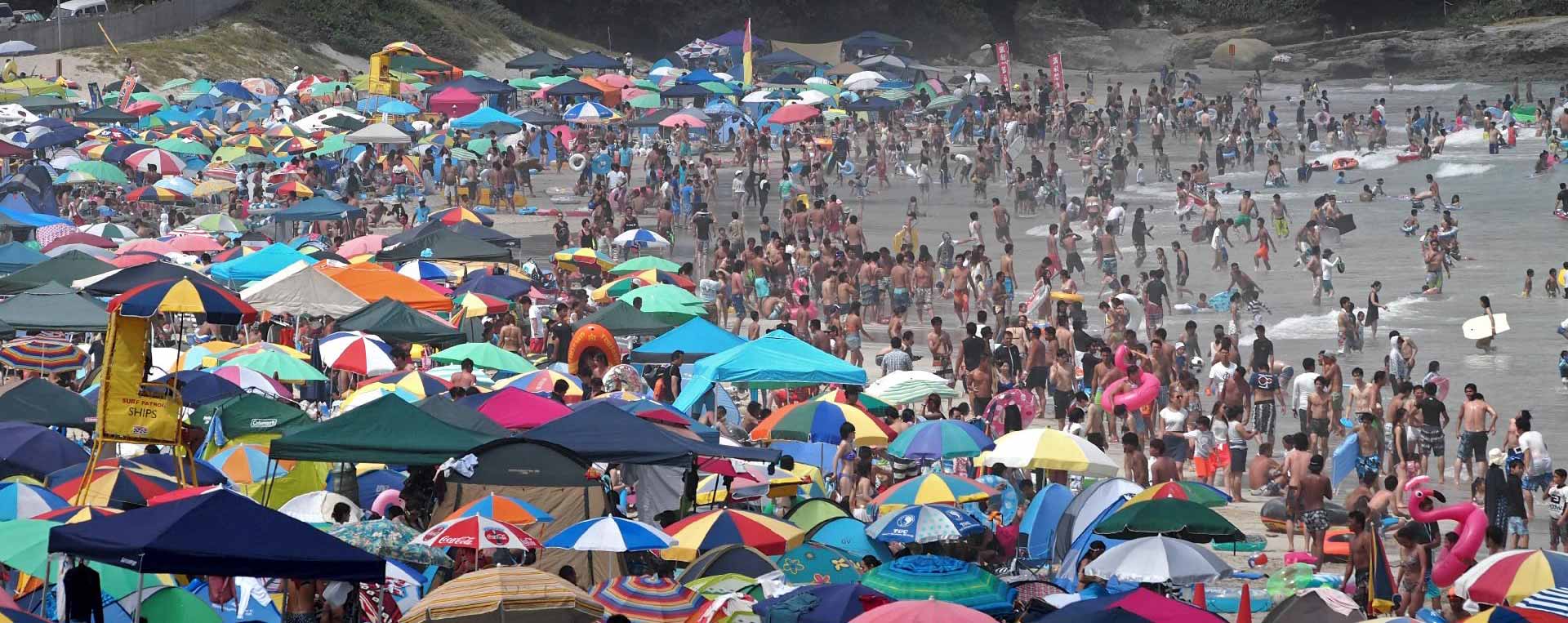Address:
20 Park Plaza, Suite 804
Boston, MA 02116
978-888-7999
Address:
20 Park Plaza, Suite 804
Boston, MA 02116
978-888-7999

The COVID-19 pandemic is tearing through the United States like Jaws tore through swimmers in the waters off the Amityville Beaches. Pres. Trump, like the Amityville Mayor, is standing safely on the beach, while encouraging others to go in the water (and then changing his mind – oh well). The viral reservoir of the pandemic coronavirus, much like Bruce the Shark, is invisible till it strikes. Georgia Governor Kemp is about to learn how much COVID-19 is lurking in the Peach Tree state, and that where he thinks it is today, like that shark, is not where it is tomorrow. I would like Governor Kemp to succeed. I, too, would like to walk on the beach, have a barbecue, and especially go rowing.
Thousands of people in Georgia, South Carolina, and Florida are asymptomatically incubating the virus. They might have a cough or sore throat or nothing at all. Georgia, by opening the beaches, has created a destination for this army, many of whom have been cooped up for weeks. The beach will be long sought relief. The rules of social distancing will be honored in the breach, much like the people at my local market, who assiduously stand on the six-foot sidewalk markers waiting to enter; once inside, they are brushing shoulders in aisles not designed for social distancing.
By opening the beaches, and relaxing social distancing, allowing businesses to open, Governor Kemp has started an uncontrolled experiment. The curve of COVID-19 deaths of Georgia is barely on the downward curve. In a state with one of the lowest testing rates in the country, the public health officials will truly be flying blind, having only symptomatic patients and hospitalizations as indicators.
Thousands of carriers will be traveling back and from home to beach and back. Mayor Sessions reported 6,000 cars descended upon Tybee Beach. The locals recognize that their communities may function as cocktail shakers, mixing carriers and at-risk citizens from multiple towns and states. The seaside towns, with largely unexposed populations, like canaries in the coal mines, may experience a rise in cases in a week or two. What will happen to the rest of Georgia?

Whack-a-mole.
For the uninitiated, Whack-a-Mole is a carnival game in which cute little animals in holes stick their noses above the board and the player must hit them with a mallet before they duck down. The game is structured so the player never knows out of which hole the next one will emerge.
Georgia has already experienced urban surges in Atlanta and Albany. There have also been hotspots at Autry Prison, at a church in Albany, and at nursing homes. The Whack-a-Moles are hot spots where they are least expected.
The death rate in Georgia is still near its peak and has not met the federal guidelines of two weeks of decline. The rise was brought to heel by social distancing and sheltering in place. The metaphorical COVID-19 shark is still close to shore and waiting to reemerge. When asymptomatic contagious people from north and west, as well as two other states, go to the beaches again, they will dramatically increase infective interactions.
If the epidemiologists are right, COVID-19 cases in the seaside communities will rise. If subsequent cases in the rest of the state are investigated, they will trace back to the shops in the seaside communities, spontaneous street gatherings, highway rest areas, etc. What the Governor will see is hotspots in Macon, Valdosta, and Savannah and the death rate going back up. Without testing or tracing, the alternative will be to play Whack-A—Mole – reinstituting shelter/social orders and — Whack! — full lockdown complete with roadblocks.
Maybe the Governor gets lucky, and COVID-19 really is seasonal, and people do not go beyond modified social distancing rules. But what is the beach without a beach party? And the shark is circling and is always ready to feed.